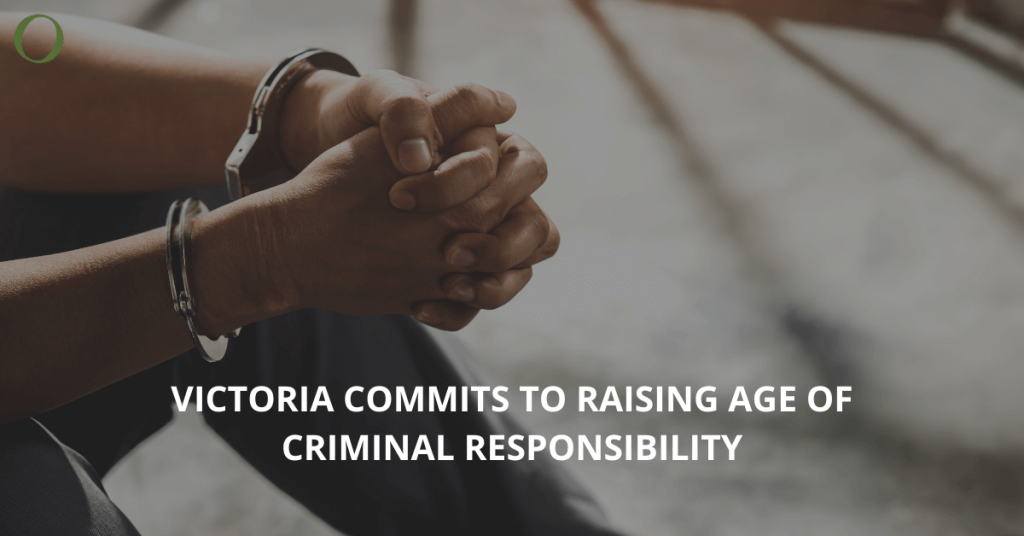The age of criminal responsibility is the age at which a child can be charged with a criminal offence and held responsible for their actions. In most states and territories in Australia, the age of criminal responsibility is 10 years old, which is one of the lowest ages in the world. However, there has been growing momentum to raise the age of criminal responsibility in Australia to better protect the rights of children.
UN committee on the Rights of the Child (2007) considers that “a minimum age of criminal responsibility below the age of 12 is not… internationally acceptable.”
Legal Principle of Doli Incapax
Doli incapax acts as a rebuttal presumption for children aged at least 10 but less than 14 in all jurisdictions across Australia. Doli incapax refers to a presumption that a child is “incapable of crime” under legislation or common law. This presumption means the child did not have a sufficient understanding between “right and wrong.” The presumption of doli incapax is not a defence.
To rebut the presumption, the prosecution must prove beyond reasonable doubt that the child knew their act was seriously wrong. This is “distinct from an act of mere naughtiness or childish mischief.
VIC Raising the Age of criminal responsibility to 12 and 14
There is growing momentum across the country to heed legal and medical expert advice and raise the age at which a child can be held responsible for their actions. On Monday, Daniel Andrews’ Labor government did just that, committing to raising the age first to 12, and then to 14 within the next four years. This is a step closer in line with international standards and the approach taken by some states and territories. It is ahead of most states, which are yet to commit to such reforms.

Importance of Raising the Age of criminal responsibility
Raising the age of criminal responsibility is important for several reasons. Children under the age of 14 are still developing mentally, emotionally and socially. Thus, they may not fully understand the consequences of their actions. Holding them criminally responsible for their actions can have long-lasting and damaging effects on their lives and future prospects.
Children who come into contact with the criminal justice system risk experiencing further marginalisation and stigma. This can have negative consequences for their mental health, education, and employment opportunities. Raising the age of criminal responsibility can help to reduce the number of children who are needlessly drawn into the criminal justice system and provide them with more appropriate and supportive interventions.
Critics and Advocates Push for 14
While the Andrews government’s commitment to raise the age to 12 is a step forward, there is still a pressing need to bring all states and territories in Australia in line with international standards. To create a fair and just system, the age of criminal responsibility must increase to 14. In doing so, governments reduce the number of young children who are unnecessarily criminalised. Instead, it should provide them with the support and guidance they need to avoid further involvement in the justice system.
If your child is facing proceedings in the Children’s Court, we strongly advise that you seek legal representation from our team of experienced lawyers. Don’t hesitate to contact us today for help with your case.

Nicole Byrne
Content Creator | Media Coordinator
O'Brien Criminal & Civil Solicitors
www.obriensolicitors.com.au




